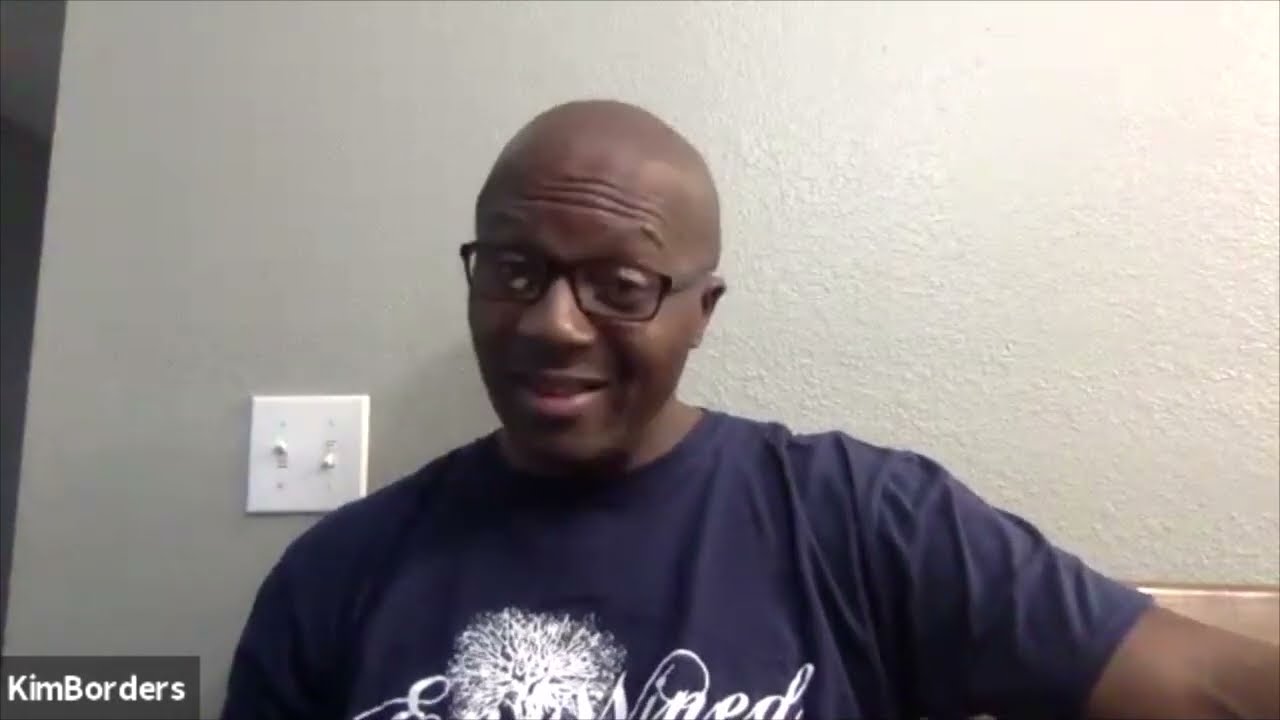James sat in his small, cramped cell, staring at the peeling paint on the wall, the weight of twenty one years of incarceration pressing down on him. The silence was deafening, but in that stillness, he found a flicker of clarity. It was a moment that would define his path a realization that he could either let his circumstances consume him or choose to remain positive, no matter how bleak the situation seemed. This was the beginning of his journey, a journey that would take him from the dirt roads of Hayti, Missouri, to the depths of despair, and ultimately, to a place of hope and purpose.
Growing up with sixteen siblings in a small town where outhouses and dirt roads were the norm, James’s childhood was marked by hardship. His mother was a firm, no nonsense woman who instilled in him the values of hard work and determination. She was a guiding force in his life, especially after his father, an abusive alcoholic, passed away when James was just an infant. Life was tough, but he viewed it as normal.
He learned to work in the gardens, pick tomatoes, and plant peas, all while dreaming of a brighter future. Sports became his escape basketball and wrestling provided him with a sense of belonging and camaraderie that would shape his young adult life. But it was during this time that the choices he made began to ripple outward, leading him to a moment he could never have anticipated.
In 1998, a fateful decision to associate with the wrong crowd landed him in handcuffs, accused of conspiracy charges related to their illegal activities. Initially released due to lack of evidence, James soon found himself facing a life sentence, a stark reality that shattered his world. The weight of those words echoed in his mind, changing everything he thought he knew about his life and future. As the prison doors clanged shut behind him, he felt the emotional toll of missing his children’s upbringing.
His twins were just five years old at the time of his arrest, and he was haunted by the thought of all the moments he would miss their first steps, their laughter, the simple joys of everyday life. The loss deepened when he learned that his wife had suffered a miscarriage during his incarceration, leading to their eventual divorce. Each day was a reminder of what he had lost and what he could no longer be a father, a husband, a man with a future. This experience could have easily driven him to despair.
Instead, James chose to reflect on his circumstances. He learned the importance of choices and began to understand how the environment shapes our paths. Within the walls of the prison, he developed determination, courage, and faith. He found solace in self reflection and embraced the power of positive thinking.
It was a long and painful process, but he realized that he had the ability to shape his narrative, even in the direst of situations. After twenty one years, James was finally released. The world outside was different, but he emerged with a renewed sense of purpose. He dedicated himself to sharing his story, encouraging others to confront their fears and not let their circumstances define them.
James Borders became an advocate for those who felt trapped by their past, showing them that it is possible to rise above. He firmly believes that everyone has the power to make different choices, regardless of their history. As we often learn, life is not about the challenges we face, but how we respond to them.
James’ journey teaches us that our past does not have to dictate our future. He now uses his voice to connect with others, reminding them that hope exists even in the darkest of times. His message is simple yet profound: “You are not your past; your choices today can lead to a brighter tomorrow.” In sharing his story, James invites us all to reflect on our own lives. Each choice we make, each moment we live, shapes who we are and who we will become.

